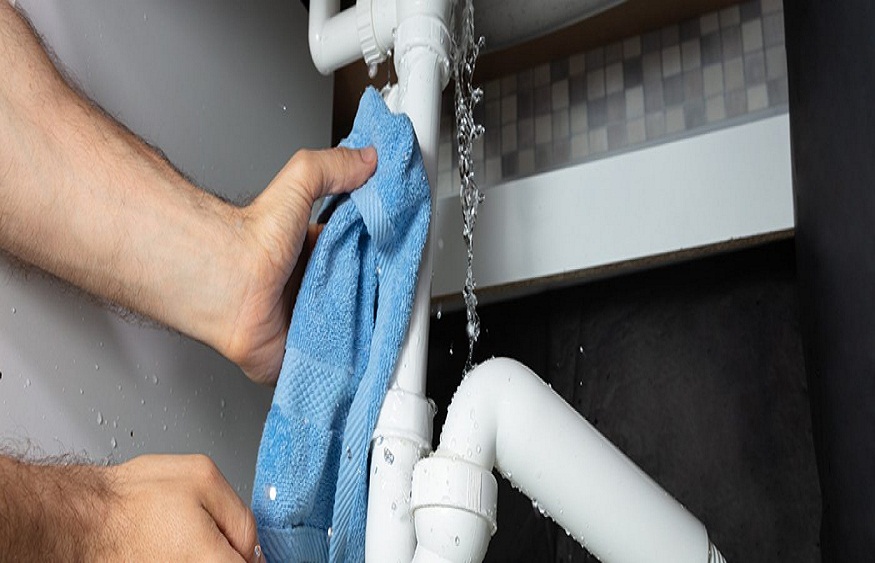It is all too easy to panic when a plumbing emergency strikes, such as a ruptured pipe, a flooded bathroom, or a leaking hot water tank. The water is spilling out, you are reaching for towels, and you do not have any idea of where to start. Sound familiar?
Hold your breath. You can do it.
The initial 15 minutes are important. These are some of the main actions that you can take before your emergency plumber gets to the scene to reduce the damage and bring the situation under control.
Turn off the water instantly
This should be your top priority.If the leak is in one particular fixture (e.g., toilet or sink), there is a chance you can turn off the water to that area only. There should be a small valve behind or under the fixture; turn the valve clockwise.
However, when water is flowing rapidly through a pipe or you cannot see where it is coming from, then go to the main water shut-off valve. Every house has one, typically in the basement, the utility room, or close to the point where the water line enters the house.
And, if you are not sure where yours is, it is high time that you locate it. Not that you are facing an emergency now, but it can never hurt to be well prepared in the future.
Shut down the water heater
It is also worth turning off the water heater in case your hot water container springs a leak or a hot water pipe bursts.
For gas heaters, adjust the dial to the pilot position.In the case of electric heaters, switch off the breaker in your electrical box.
Why? Since an empty or drained water heater can burn or create other problems.
Manage the water, you can see
With the water flow halted, work on cleaning up that which has leaked. Use towels ora wet/dry vacuum if you have one.If that water collects around electronics or outlets, avoid the point of contact. You can switch off the electricity to that location at the breaker, but only when it is safe to do so.Well, the quicker you dry things up, the less chance you have of experiencing severe water damage or mold.
Take photos
It may momentarily seem strange, but take three or four photos of the leak and damage. Such documentation can be very helpful should you find yourself in the unfortunate situation of having to file a home insurance claim.
Call an emergency plumber
Get on the phone, already, if you haven’t called. Instruct and inform the plumber specifically what is going on, what you have worked on thus far, any issues with regards to water leakage, electrical exposure, and access control to the area.The more detailed you are, the more prepared they will be upon arrival.
Concluding remarks
Plumbing emergencies may be intimidating, but it is easy to get the overwhelming circumstances under control within the initial 15 minutes. Immediacy, turning off the water, and calling for help, puts you several steps ahead.Andonce the crisis has been addressed, consider a follow-up inspection to aid in preventing the next one.



